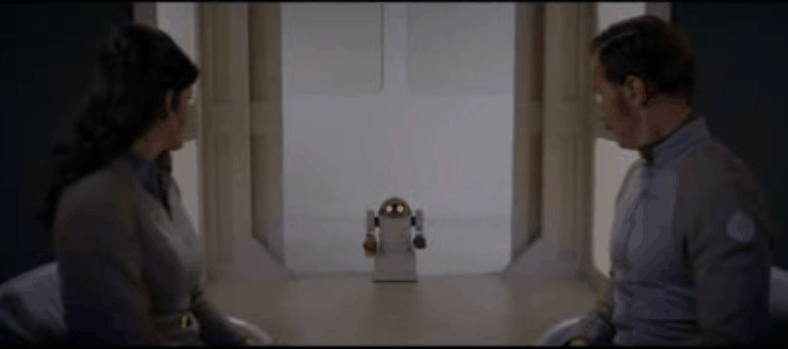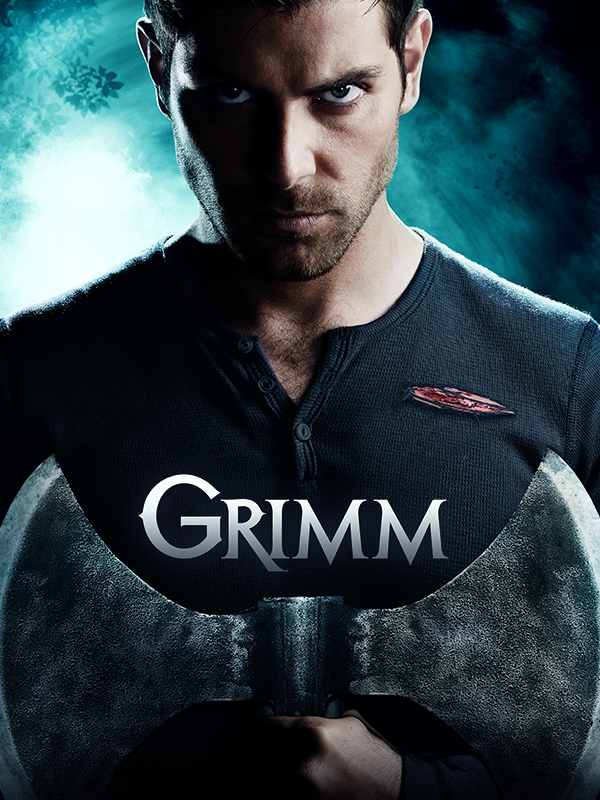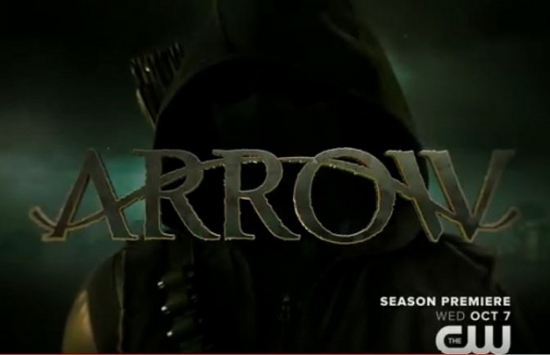The brain child of actor-writer-director Jack Plotnick, Space Station 76 is exactly what you’d expect. At least if you’re expecting sublime subtext, repressed sexual tension of all kinds (and some sexual release), smoking, white walls and clinical lighting, plastic form bubble chairs and Lucite tables, loads of blinking light units and more variations on beige and brown fabric than you knew existed. And this, I might add, is all good. Very good.
The premise is simple enough: In the male-centric 70’s, a female Assistant Captain starts her assignment on Omega Station 76, and is met with resistance by the Captain, emotional interest by the station’s mechanic, distain and jealously by his wife, and innocent friendship from their daughter. But what you don’t expect are the layers that are skillfully peeled away with dark humor, the timeless human need of wanting to belong in your environment and the frailty of falling into habits and stereotypes. With a landscape of colors, textures and music that place you firmly in the bosom of the 1970’s, Plotnick lets his characters reveal themselves as they are, even as they betray their own best efforts to be better.
The darkest humor comes from Captain Glenn (Patrick Wilson), who has some identity issues he’s dealing with. Wilson hits the nail on the head with his not-quite slapstick approach to the chest-thumping that Glenn displays as he tries to deal with, of all things, the frustration of a woman as an Assistant Captain. He’s by turns overtly amusing and understatedly tragic. Liv Tyler as the new Assistant Captain, Jessica, brings on board the zeitgeist of the period: She’s earned her right to be Assistant Captain, but as a career woman of the 70’s, she has trouble convincing Glenn that she can indeed bring home the bacon. Tyler’s arrival on the station gives viewers a much needed fresh set of eyes to identify with, as she navigates the personalities of the other residents of the station. The Mechanic, Ted, is played with endearing earnestness by Matt Bomer. As possibly the most stable character of the lead lot, Ted does his best to keep the station running, his wife satisfied and their daughter, Sunshine, happy, even as he has to deal with the eccentricities of a mechanical right hand. Presented effortlessly by Bomer, we see the honest worker behind Ted’s days, as well as his need for release during his nights. As a man with looks, warmth and affection to give, he neatly counterbalances Jessica as the modern male who seemingly has everything to offer, but has needs left unfulfilled. His wife, Misty, played with peppy precision by Marisa Coughlin, seeks enlightenment and insight through the help of the onboard robo doc. But what we see is a wife and mother, again a product of her era, struggling against the expectation of being perfect as both, while not really succeeding at either. And what would the station be without Kylie Rogers, who brings her eponymous Sunshine to the 76. Kylie gives us a young girl driven by curiosity and the desire to just be a kid growing up amongst the stars. Jerry O’Connell and Kali Rocha share screen time as the swinging couple of the 70’s that no station – or party – should be without. They manage to make their marriage work and provide a consistent levity that has no ulterior motives. They’re just funny and it’s fabulous.
One of the things that I most enjoyed about the film is the way it lets us laugh at the characters without pointing and being mean. We’re presented with their weaknesses and faults and their endeavors to course correct them, but it’s done so with an understanding that we can likely see a bit of ourselves in at least one of these people. What might be easily glossed over as stereotypical renderings of life in the 70’s (on a space station, natch) is given a lens of truth and honesty. Even as we can’t help but laugh at Captain Glenn’s struggles with his internal conflicts, we also feel sympathy, if not empathy, for him as he forges ahead. The theme that often permeated science fiction movies of the 70’s was one of lonliness while not alone, and it’s here as well. There’s a brief scene where Sunshine is walking away from us down a corridor, almost wistfully, and that simple moment speaks loudly to the isolation and capriciousness that can exist in a station full of people trying to find where they belong. Many of the laughs that the film elicits are often tinged with that momentary doubt that we shouldn’t find these things amusing, yet we can’t help it. Less than morbid curiosity, it’s more the desire to acknowledge that, hey, we’ve all done and said stupid things, or embarrassed ourselves in public: We’re only human after all.
If you appreciate a heavy dose of pathos with your black humor and 70’s groove, you will likely appreciate what Space Station 76 has to offer. Harvey Wallbanger, anyone?
Directed by Jack Plotnick. Starring Patrick Wilson, Matt Bomer, Liv Tyler, Kali Rocha, Marisa Coughlin, Kylie Rogers, Jerry O’Connell. Screenplay by Jennifer Elise Cox, Sam Pancake, Jack Plotnick, Kali Rocha and Michael Stoyanov. Executive producers: Niraj Bhatia, Frank Mele. Producers: Billy Brooks, Jim Burba, Bob Hayes, Dan Burks, Alexander Koehne, Ilana Marks, Katherine Ann McGregor, Joel Michealy, Edward Parks, Rachel Ward.
A Rival Pictures/Om Films production.











